Fairytale or flop? Germany in precarious Euro position
 Julian Nagelsmann was appointed Germany manager in September. Getty Images
Julian Nagelsmann was appointed Germany manager in September. Getty Images
The last time Germany played a major tournament on home soil the term "Sommermarchen", meaning "summer fairytale", was coined to describe the experience of those magical four weeks of the 2006 World Cup.
Back then, a nation was energised by the enthusiastic Jurgen Klinsmann jumping up and down on the sidelines, the ill-tempered battle between Jens Lehmann and Oliver Kahn for the goalkeeper spot, and the dream that Germany could win another World Cup at home after 1974.
Even though the dream ended with a bitter semi-final defeat by Italy, the memories have lingered. Will there be a repeat this summer? Before Friday's Euro 2024 opener against Scotland, a nation remains doubtful.
Nagelsmann giving hosts hope?
Not many in Germany are realistically expecting this summer to resemble anything close to a fairytale.
However, the general mood has improved during the past six months or so. After Julian Nagelsmann was announced as the surprise new manager, following Hansi Flick's dismissal, the former Bayern boss needed a few games to figure out some tactical tweaks.
The first results were shown during the international break in March as Germany beat France in Lyon and the Netherlands in Frankfurt. Those two performances marked a significant change as Germany played a more direct style and showed greater intensity in counter-pressing and ball recovery high up the pitch, compared to the often plodding outings under Flick.
A major boost has also been Toni Kroos' return to the team as the midfielder plays the final games of his career at Euro 2024.
It was not known that the serial-winning Real Madrid playmaker would retire when he announced his international comeback in March, but his presence was very much needed one way or another.
Initially, Kroos decided to call it quits in terms of international football after Germany's last-16 exit at Euro 2020, following defeat by England at Wembley.
But, despite his advanced age, Kroos is still one of Germany's most gifted players. Long denied his laurels at home, few in Germany would now dispute that everything should revolve around the 33-year-old at this tournament.
Controversy dampens Germany euphoria
That said, the general euphoria in Germany has taken a hit shortly before the opening game.
Before the final two friendlies against Ukraine and Greece, a poll commissioned by public broadcaster WDR angered the head coach and people higher up at the German Football Association (DFB).
In the poll, Germans were asked whether they disliked the fact that Germany captain Ilkay Gundogan has Turkish roots - 17% said they did and 21% said they would prefer to see more "white players" play for the national team.
"We are playing a Euro campaign for everyone in the country. I hope I never have to read anything about this poll ever again," Nagelsmann said after the results were made public.
For the past 15 years or so, it has become quite evident that players who are the sons or grandsons of immigrants are accepted as team players by a portion of Germany's population as long as 'Die Mannschaft' are winning. Otherwise, they are accused of not giving their all for Germany because they are supposedly not 'real' patriots.
Mesut Ozil, who played a significant part in Germany's World Cup win in 2014, complained about that dichotomy in the past. Obviously, no-one inside DFB headquarters would ever question Gundogan, Antonio Rudiger or Leroy Sane's commitment. These are key players whom Nagelsmann absolutely relies on.
What has also hampered the mood to an extent were two lacklustre performances in the latest friendlies – a goalless draw against Ukraine and a 2-1 win over Greece.
Greece took a surprise lead in the first half after Manuel Neuer's mistake from a Christos Tzolis shot. The long-time Germany and Bayern goalkeeper's errors are piling up these days, causing lively discussions over whether Nagelsmann should have made Neuer first-choice keeper once again.
Both friendlies were reminiscent of many outings under Flick, despite evidence of Nagelsmann's tactical approach. Still, it seems as if 36-year-old Nagelsmann hasn't quite figured out how to break down underdog teams who focus primarily on pressing and transition attacks.
Germany in precarious position
This is what makes Germany's Euro 2024 prospects so fascinating.
We know the team can be very competitive against other big nations who usually want to be proactive as well. Germany often benefit greatly when they are allowed to initiate transition attacks.
Meanwhile, the group stage could test everyone's patience, including the fans', because the games against Scotland, Hungary and Switzerland could turn out in a similar way to the two most recent friendlies.
Indeed, if Germany taste defeat in one of their early games or achieve only narrow wins, the mood in the country could change completely. Many might recall the previous three international tournaments in which Germany have survived the group stage only once.
Regardless of how much positive spin Nagelsmann attempts to spread before Friday's opener, he and all his players will be aware of how precarious their position is.
As it stands, there is no summer fairytale in the air in Germany.
- BBC


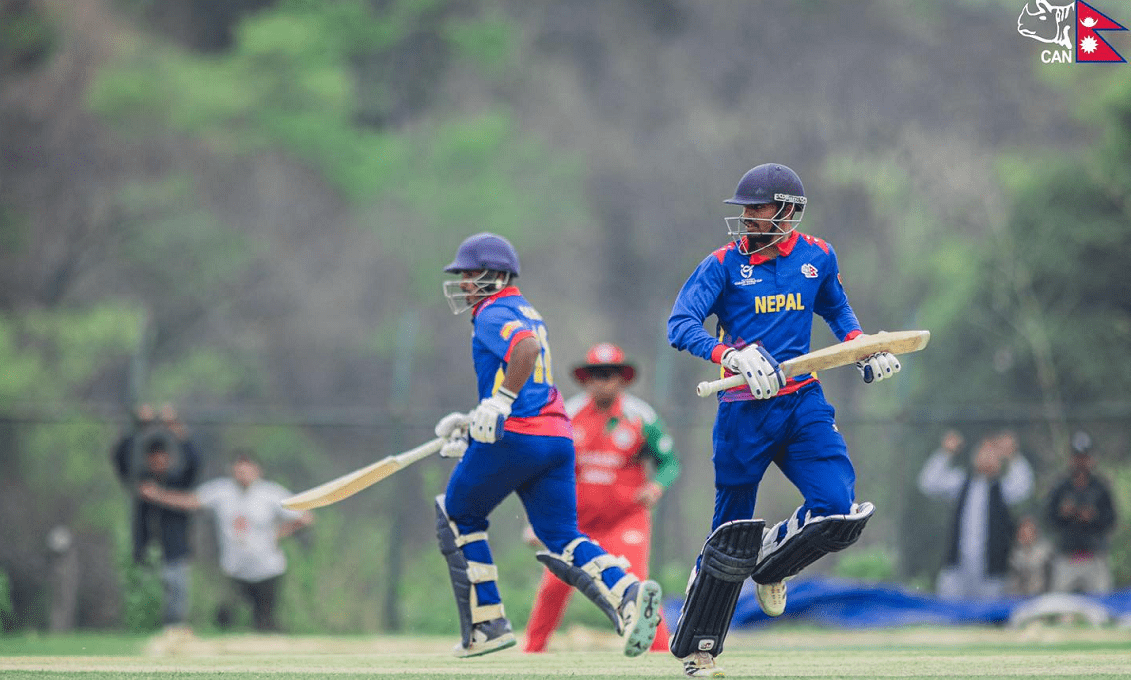

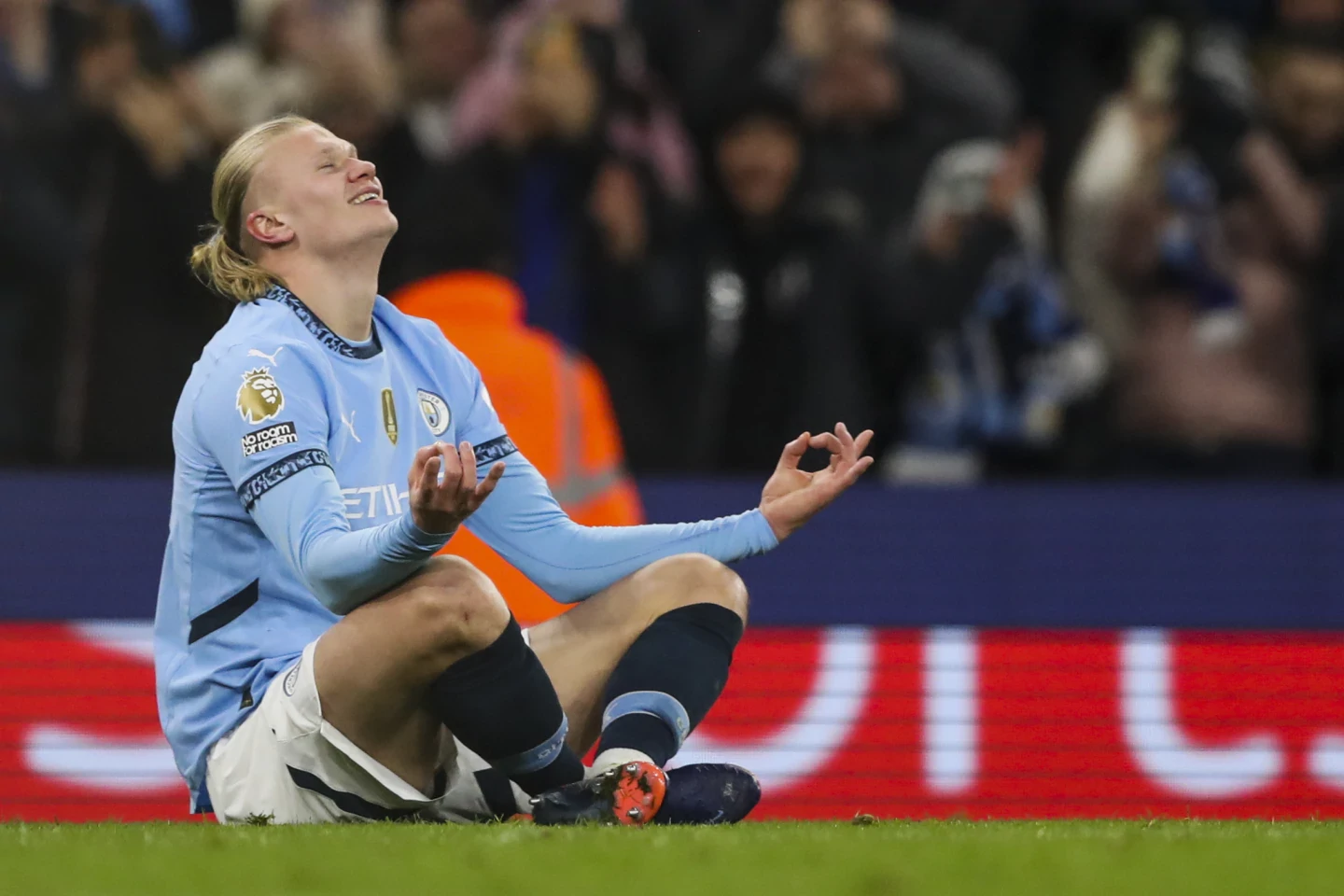
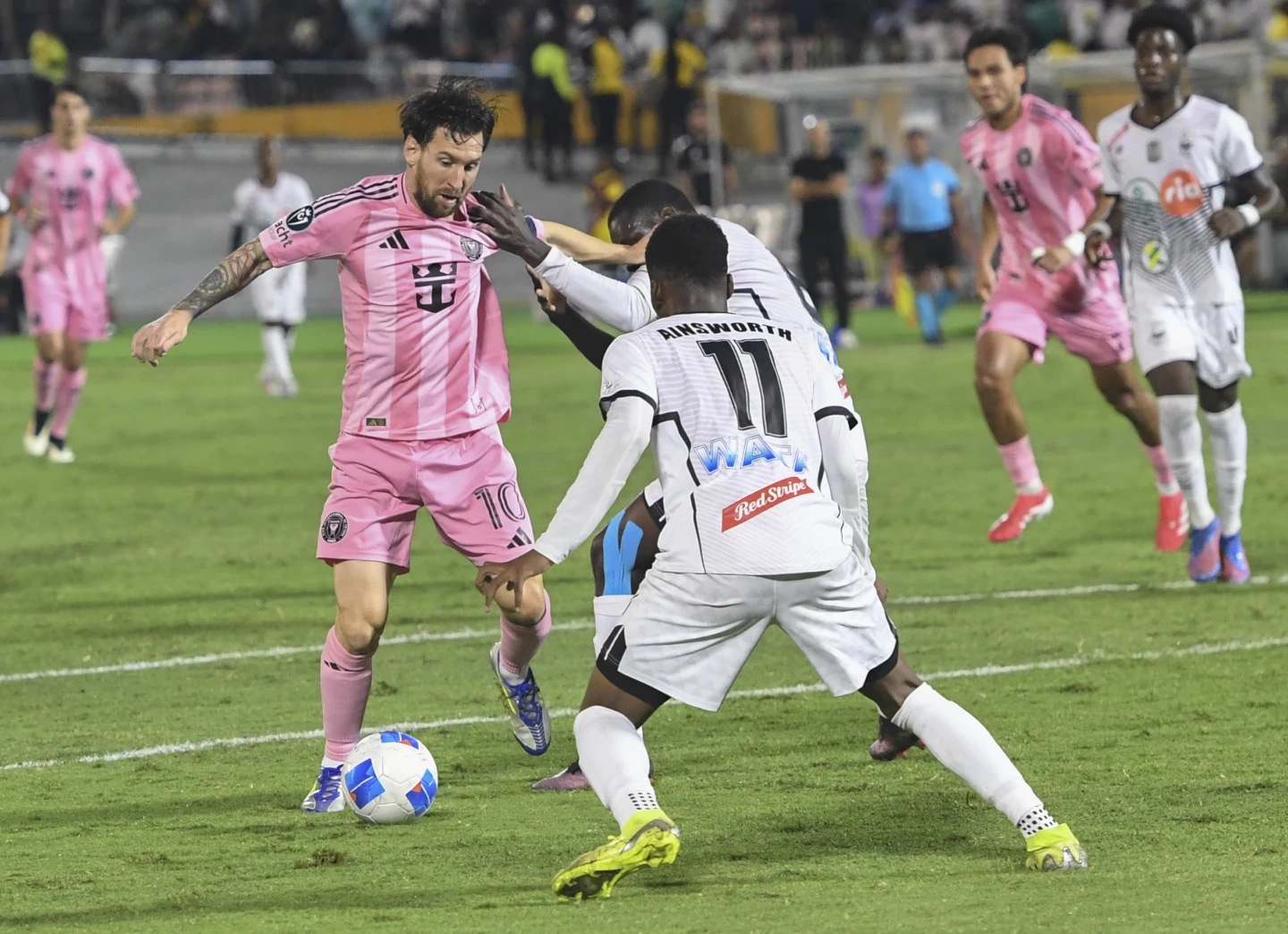
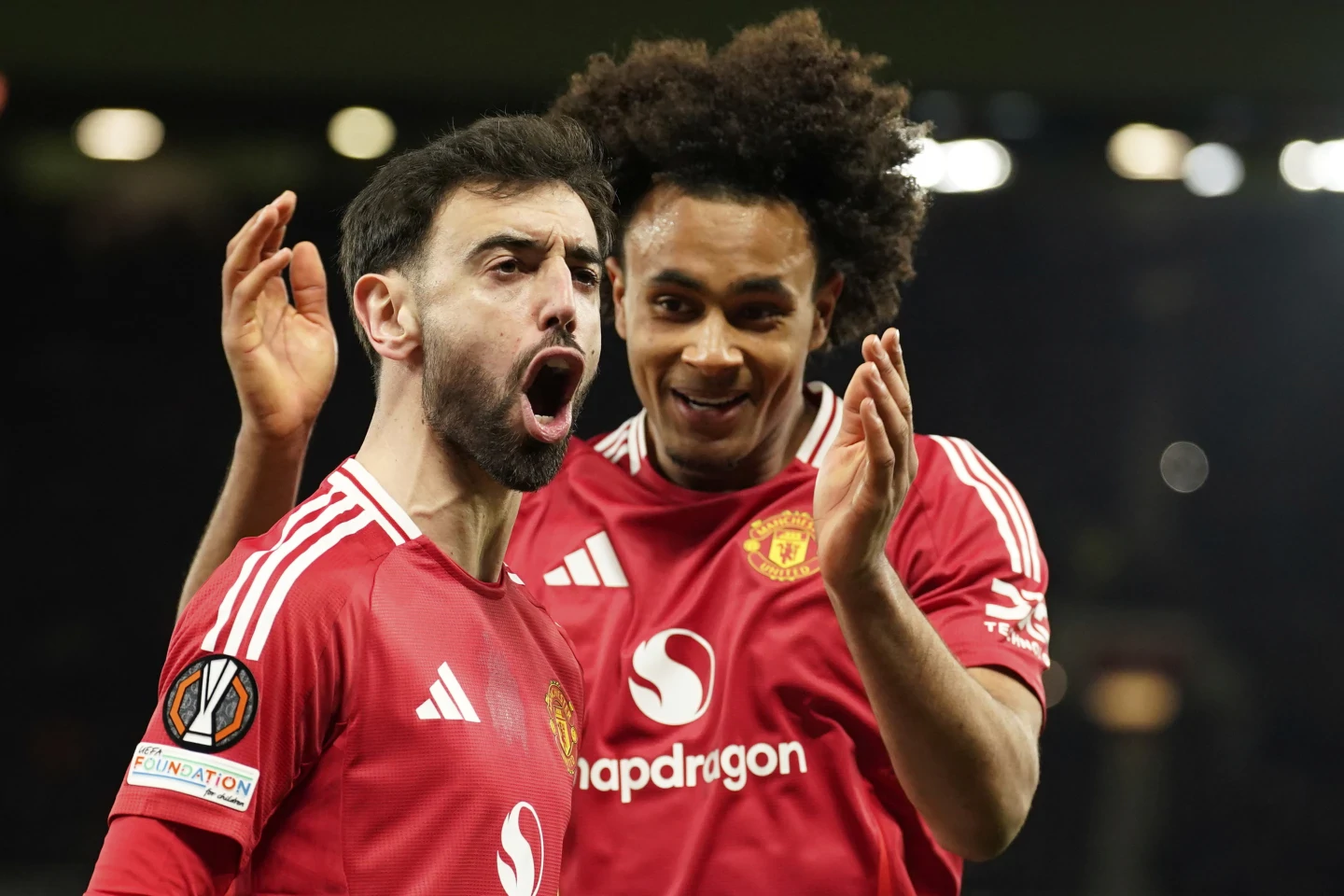
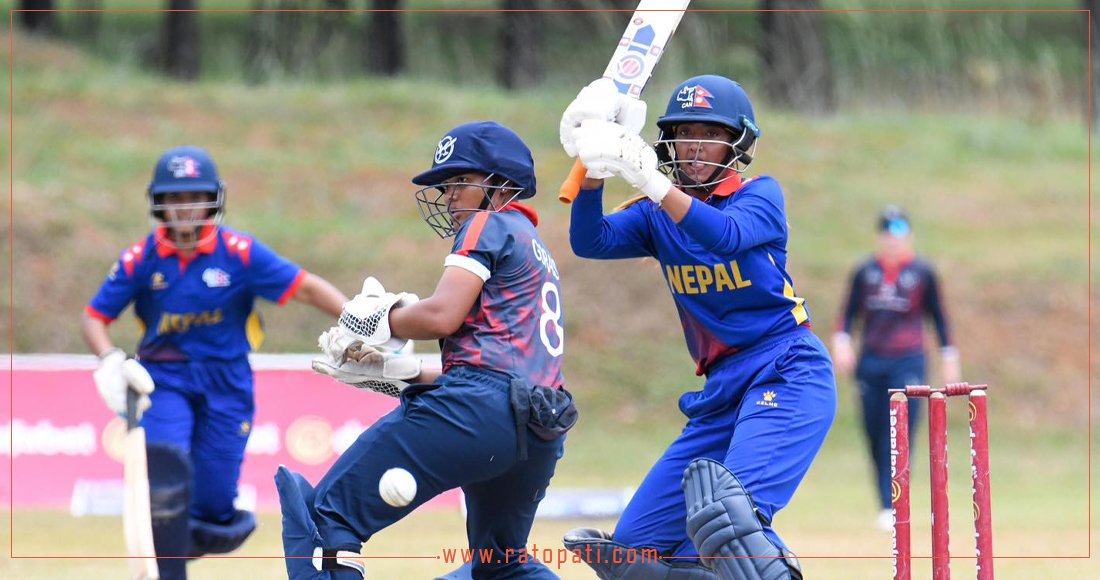
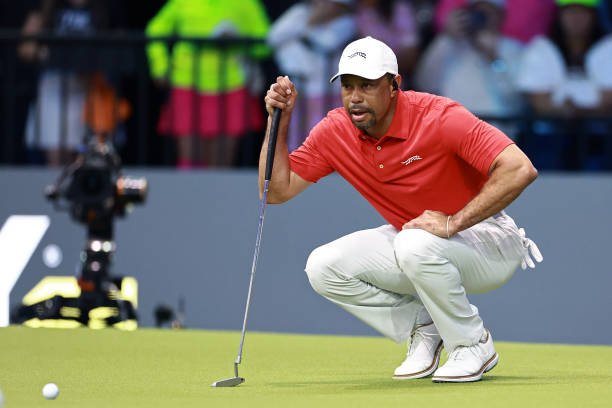
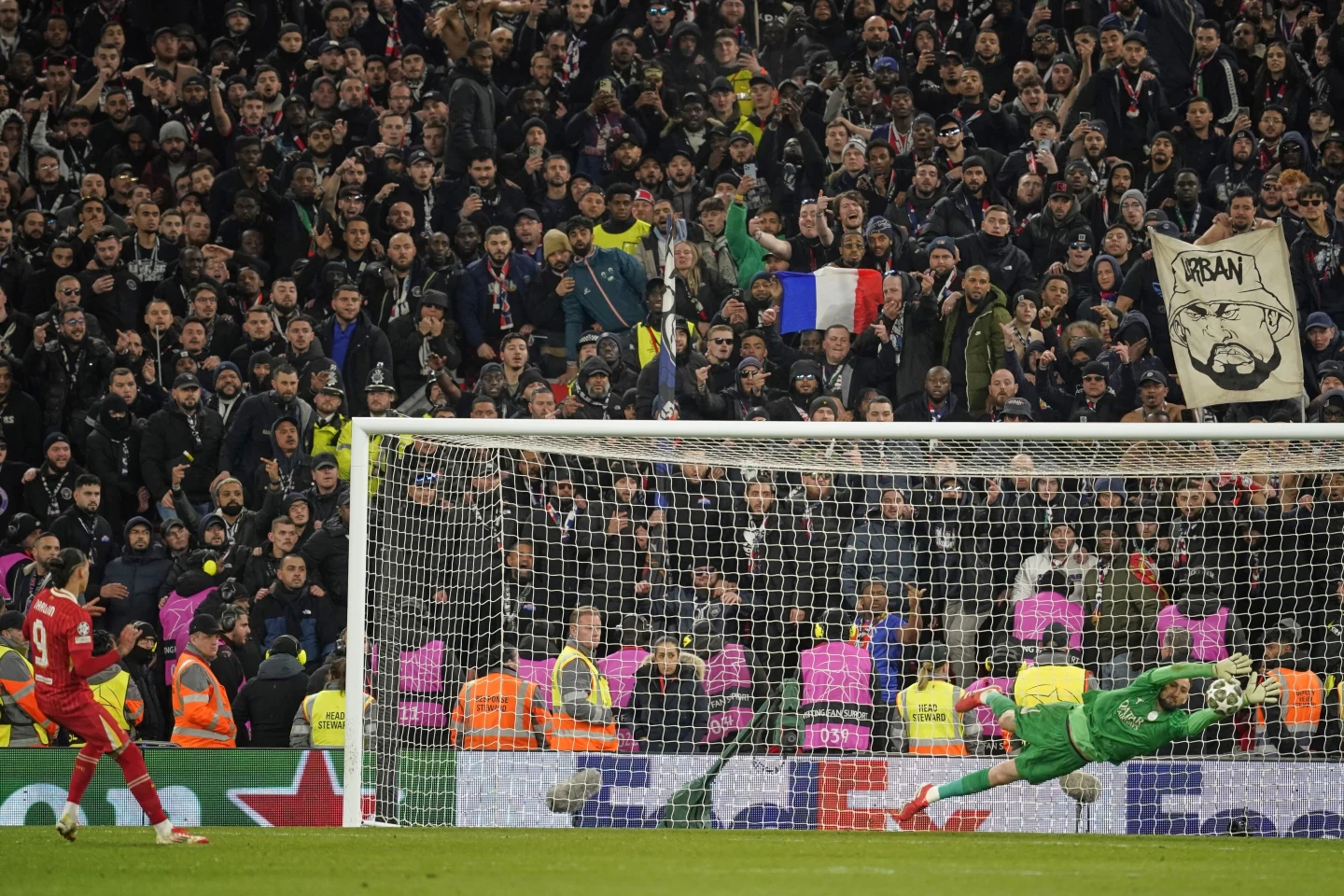
Leave Comment